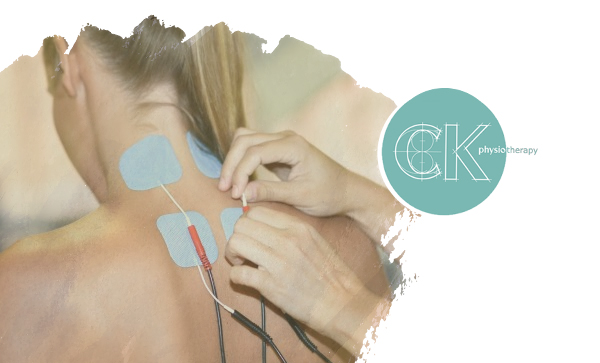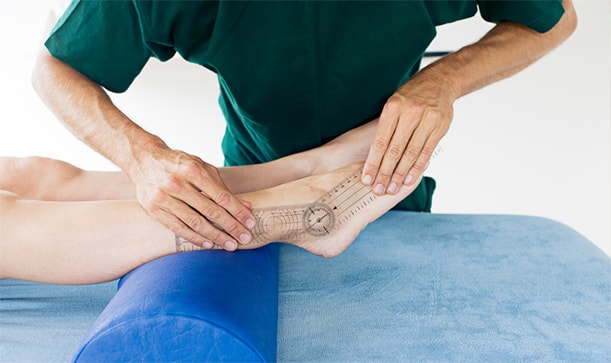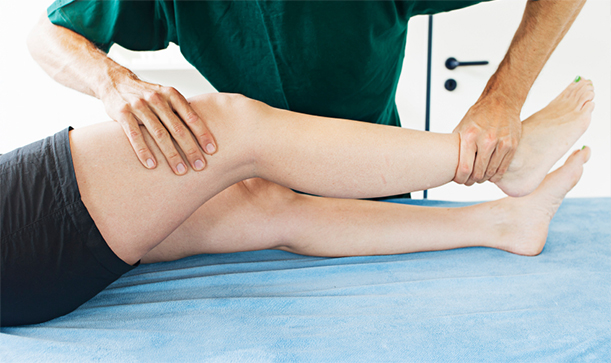CK Physiotherapy
AREAS COVERED
W7, W5, W13, Ealing, West London
57 Elthorne Avenue
Hanwell, W7 2JY
T: 020 8566 4113
M: 079 572 46185
E: info@ckphysio.co.uk
Location / Parking
We are situated in Hanwell, between Boston Manor Road and Northfields Avenue, south of the Uxbridge Road.57 Elthorne Avenue
Hanwell, W7 2JY
There are parking restrictions Mon - Fri 9-10am and 2-3pm. If you need a permit during this time please inform your therapist when you arrive. There are no parking restrictions at other times.
Opening Times
Please phone the number above during working hours to make an appointment. Our reception service will be happy to book your session.
London Underground / Bus Services
London Underground
10 min. walk from Boston Manor Tube Station.
15 min. walk from Northfields Tube Station.
Bus Service
E8, E3, E2, 207, 607, 83
Request Call Back
Our Blog
Using TENS as Physiotherapy Treatment for Pain Conditions
By: BryanKelly (Psst, View author in Google Plus) Date: Sep 1st, 2020TENS is a kind of electrotherapy. It stands for Transcutaneous Electrical Nerve Stimulation, and it is the most common type of physiotherapy treatment used for pain management.
It usually consists of a small, battery-powered device similar in appearance to an old cassette walkman, which attaches to the site of pain through electrode pads. It’s an easy and effective treatment for chronic and acute pain that physiotherapists can use, prescribe and educate patients on using themselves.

How does TENS work?
As the name suggests, TENS involves sending electrical signals through the skin to stimulate the nerve endings that are causing a patient’s pain. The reason this is effective is that it figuratively fights fire with fire.
The nervous system uses electrical impulses to send pain signals to the brain. By introducing small doses of external electricity, the nerves become overstimulated and are effectively blocked from telling the brain to sense pain.
These nerves can process only one type of feeling at a time, so pain sensations are substituted with a mild tingling or buzzing sensation instead.
TENS creates a distraction from pain, but can also create relief from perceived tension or spasms that cause discomfort for many patients. TENS devices can deliver impulses at different frequencies, lengths and intensities to suit a patient’s needs and tolerance.
At lower intensities, these electrical impulses can also encourage the release of endorphins in the body. These hormones are natural painkillers, so the effect of the electrotherapy treatment is magnified further.
What are the benefits of TENS?
Besides reducing pain, which itself can be debilitating and exhausting to deal with, TENS has a wide range of advantages as a physiotherapy treatment.
1. Treats different kinds of pain
2. Relaxation
Treats different kinds of pain
TENS can be used by physiotherapists to treat both chronic and acute pain. It can alleviate tension, be used to combat a pain “flare-up” or as ongoing relief during work or leisure activities.
Relaxation
Pain can stop people from sleeping or enjoying their day-to-day lives. TENS can be used in combination with relaxation techniques to allow sufferers to carry on as usual. If a muscle feels tight, this intervention can help and is often even used as a kind of massage therapy for specific muscle groups.
In conjunction with – or instead of – medication
The pain relief of TENS treatment doesn’t use any opiates or other drugs. Especially in the long-term, medications can have all sorts of unwanted side effects, from addiction to constipation, nausea – and even further pain. Therefore, TENS is recommended as a harmless, non-invasive alternative, particularly for chronic pain sufferers. However, the technique can also be used in conjunction with medications where this combination is beneficial to patients, without the risks of drug interference.
No side effects
The only issues that are occasionally caused by TENS are mild skin irritation or redness at the site where the electrodes are applied. And this is generally caused by an allergic reaction of sensitive skin to the gel or adhesive used on the electrode pads. This can be easily avoided or solved with hypoallergenic adhesive tape or carbon-based electrodes.
The only instances where electrotherapy is not advised are on patients with pacemakers, on or around the neck or eyes, or on women in the first three months of pregnancy. Trusted physiotherapists are trained to advise on the proper use of a TENS device in all circumstances.
Easy and cheap to use
TENS devices usually require regular batteries to operate. Electrode pads can be reused many times, and replacements, as well as the adhesives needed, are also common inexpensive equipment. Devices are typically sold over the counter at a reasonable cost. More so, these devices can be operated by the user with some basic instructions from a physio. Because they are compact, they can also be hidden in clothing and taken out of the home.
Choosing the right TENS device
There are several devices on the market – some with greater functionality, others more powerful. Which one you choose will depend on several factors, not least the pain conditions you are suffering.
Elements available in TENS devices:
• Bluetooth or wireless connectivity
• Wearability
• Added heat or massage functions
• Dual-channel – the ability to apply different kinds of signals to two different places at once
• Adjustable pre-set modes for different pain types
• Varying buttons and displays for ease of use
Different kinds of pain will have different requirements. For example, a patient with relatively mild pain that only needs gentle numbing while a patient is out and about would benefit from a wearable, low-intensity, wireless model. In a simple case like this, dual channels and multiple modes are surpluses to requirement.
At the other end of the spectrum, medium to high levels of chronic pain in different parts of the body would call for a device with dual channels that could attach two sets of electrodes, massage and heat properties, and highly customisable power levels.
Many TENS devices allow the patient to vary the intensity, whether the signals come in wide or narrow waves, and irregular bursts or uniform pulses.
A physiotherapy clinic will be able to advise patients according to their pain requirements and lifestyle. Someone very active, for instance, will prioritise mobility and wireless capabilities. Another patient whose pain responds to different TENS in multiple locations will need to look for a device that can apply different modes.
See a Physiotherapist with TENS Electrotherapy Experience
No two patients are the same, and it is the job of an experienced physiotherapist to examine pain sufferers and ask the right questions to help determine which type of TENS device to recommend. There may be some element of trial and error, but a good physiotherapy clinic is the best place to enquire about treating musculoskeletal pain to adopt the right electrotherapy safely and sustainably.
CK Physio has years of experience treating different pain conditions. They are experts at recommending electrotherapy treatments, tailored to the needs of each patient as an individual. Call 020 8566 4113 or send an email to info@ckphysio.co.uk to book a consultation.





